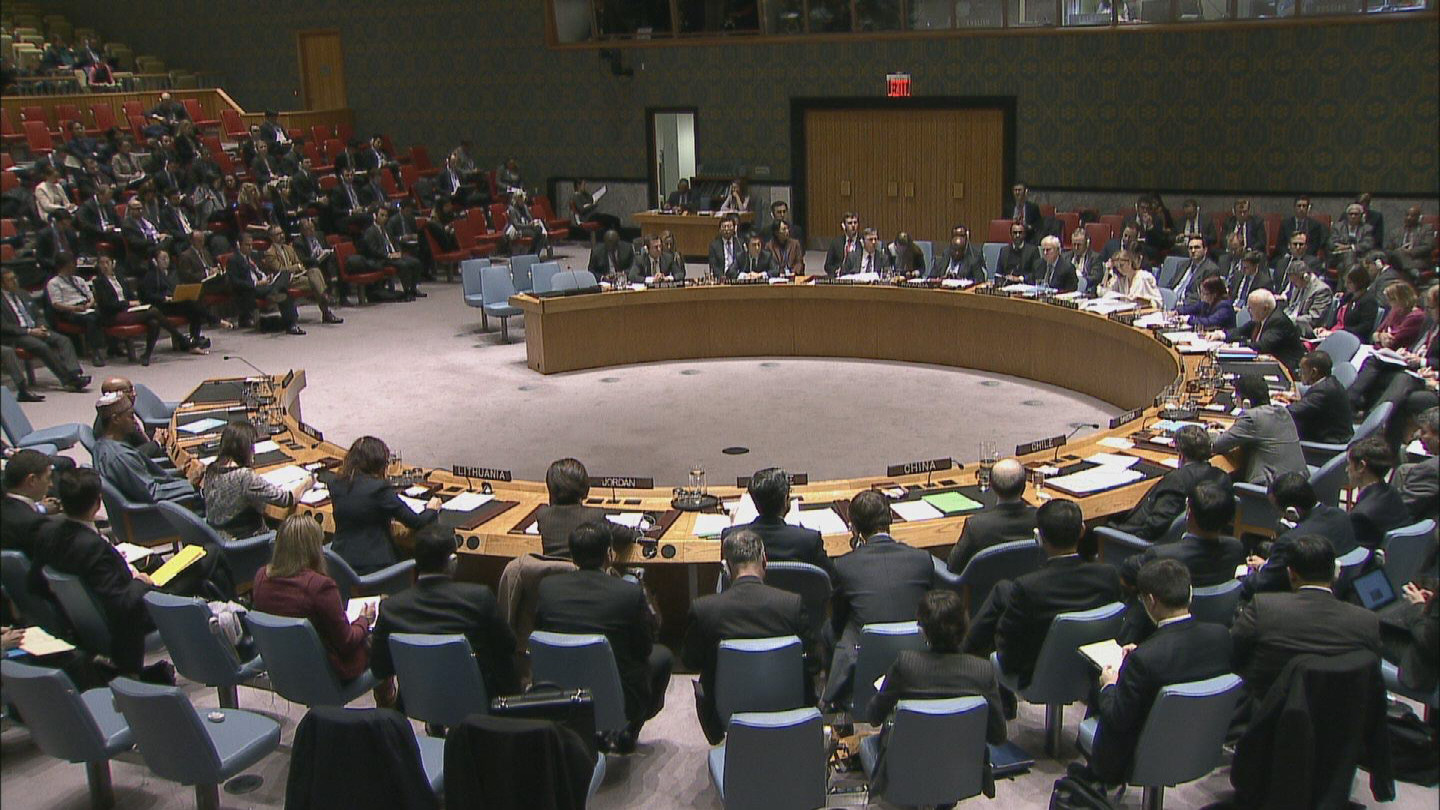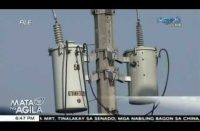
The UN Security Council today kicked off a debate on human rights in the Peoples’ Democratic Republic of Korea, with a call that a case be referred to the International Criminal Court.
Ivan Šimonović. Assistant Secretary-General for Human Rights, said, “Rarely has such an extensive charge-sheet of international crimes been brought to this Council’s attention.”
Šimonović said a UN-backed report before the council had reported, “Victims of extermination. Of murder, enslavement and torture. Of rape, forced abortions and other sexual violence. Victims of persecution on political, religious, racial and gender grounds. People who have been forcibly transferred whose loved ones have been abducted or disappeared without trace.”
Šimonović said, “An overwhelming majority of Member States in the Human Rights Council and General Assembly – as well as victims, survivors and civil society organisations around the world – have asked that you, the Security Council of the United Nations, take action on this report, including by referral to the International Criminal Court and by adopting targeted sanctions.
Last week the UN General Assembly adopted a resolution by which it would transmit a UN-backed report probing the alleged human rights violations to the Security Council.
The 400-page report was released in February by the UN Commission of Inquiry on human rights in the DPRK, which was established by the Geneva-based Human Rights Council in March 2013. Documenting in great detail the rights violations committed in the DPRK, the report called for urgent action to address the human rights situation, including referral to the International Criminal Court (ICC).
The resolution adopted last week by the General Assembly, acting on the recommendations of its Third Committee (the Assembly’s main body dealing with social, humanitarian and cultural issues) commends the work the Special Rapporteur on human rights in the DPRK and the Commission of Inquiry and decides that the commission’s report should be submitted to the Security Council.
The Assembly encouraged Council members to take appropriate action to ensure accountability, including through consideration of referral of the situation to the ICC and of targeted sanctions against those appearing most responsible for crimes against humanity.
The Assembly resolution, adopted by a recorded vote of 116 in favour to 20 against, with 53 abstentions, lists examples of torture and cruel, inhuman or degrading treatment or punishment, describes a system of political prison camps, the forcible transfer of populations and limitations on movement, as well as violations of rights fundamental freedoms of women, children, and persons with disabilities.
The Assembly expressed its concern that the DPRK Government refuses to recognize the Special Rapporteur’s mandate or to cooperate, continuing not to acknowledge the grave human rights situation in the country, and failing to prosecute those responsible for violations, including those that may amount to crimes against humanity.
Strongly urging the Government of the DPRK to respect human rights and fundamental freedoms, it urges implementation of the commission’s recommendations without delay. It also welcomes the recent willingness expressed by the Government to consider human rights dialogues, technical cooperation with the Office of the United Nations High Commissioner for Human Rights and a country visit of the Special Rapporteur.
United Nations





